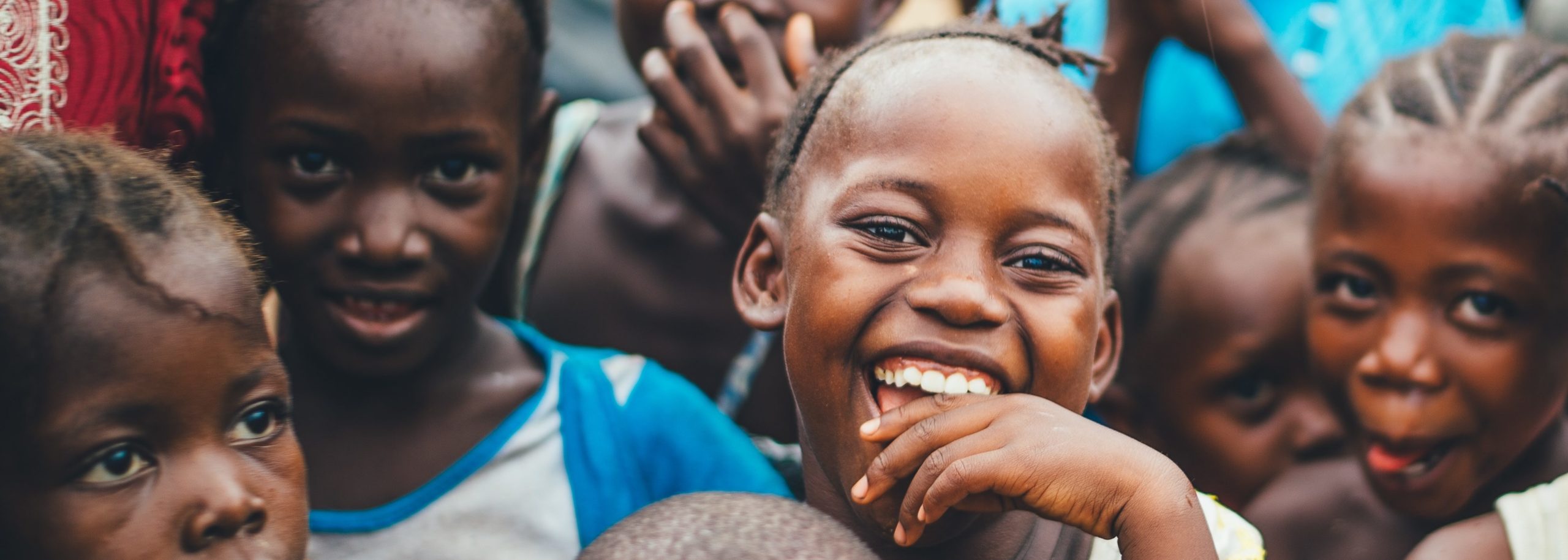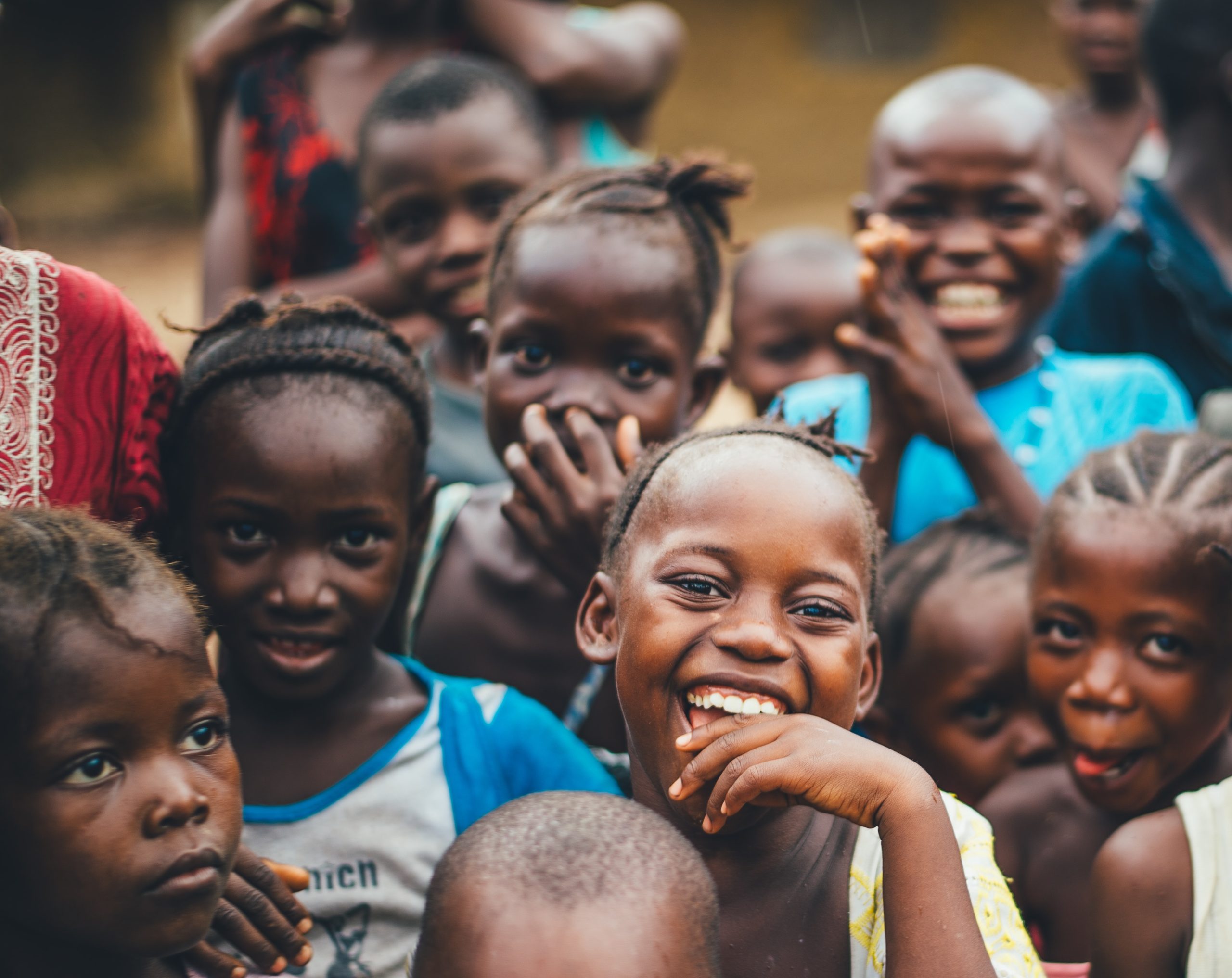Published: 07/09/2021
This pioneering study seeks to disentangle the relationships between sanctions and violent conflict and their impact on maternal and child health. The quantitative results from this research will be used to produce a strategic framework for the protection of humanitarian health outcomes when nonviolent measures such as sanctions are implemented.
The data will tell us a story about what happened to women and children’s health in countries targeted by sanctions.
Primary Investigator Ruth Gibson
Prior to war, calculations are often made to anticipate the number of human deaths that will be caused, but this same calculation is not yet done prior to imposing sanctions, said Co-Principal Investigator Ruth M. Gibson.
“We will address this problem by looking at historical examples of economic sanctions and analyzing what happened to women’s and children’s health,” she said. “The data will tell us a story about what happened to women and children’s health in countries targeted by sanctions.”
Dr. Gibson added that the primary goal is to come up with policy recommendations to minimize the suffering of mothers and their children.
Primary investigators: Dr. Paul H. Wise, Dr. Ruth M. Gibson
Contributors: Dr. Aleksandra Kirilakha, Maja Pleic, Alexa Hui, Dr. Sebastien Bradley, Dr. Constantinos Syropoulos, Dr. Yoto Yotov
Funders: Stanford Maternal & Child Health Research Institute, Stanford Center for Innovation in Global Health
Contact Ruth
PI Ruth Gibson welcomes outreach and correspondence related to this initiative. To learn more or get involved, contact Ruth by emailing rmgibson@stanford.edu.
Photo caption: Children in Sierra Leone. Credit: Annie Spratt, Unsplash.com

